By Joe Moore
From the movie PREDATOR:
Poncho: You’re bleeding, man. You’re hit.
Blain: I ain’t got time to bleed.
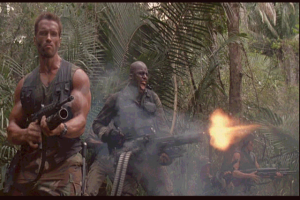 You love to write. You think about it all the time and believe there’s a book in you. Everyone thinks your story ideas are great. You’ve written a few chapters. Your spouse likes them. Your dog likes them. But you never seem to have enough time to get serious about your writing. You keep saying that if you had the chance, you could be a great writer. You just need the time.
You love to write. You think about it all the time and believe there’s a book in you. Everyone thinks your story ideas are great. You’ve written a few chapters. Your spouse likes them. Your dog likes them. But you never seem to have enough time to get serious about your writing. You keep saying that if you had the chance, you could be a great writer. You just need the time.
Does that sound familiar? Don’t think you’re alone. Most of us felt the same when we first started. We had an overwhelming desire to tell a story. We couldn’t wait to sit down at the keyboard and let the ideas flow. But we couldn’t sustain the routine. Every time we tried to write, life got in the way. The day job that pays the bills. The chores. The errands. The family issues. Shopping. TV. A million distractions. So how does a wannabe writer find time to produce that first manuscript? How can he or she manage to get it done?
Usually the first big roadblock to staring a writing routine is to take on too much. If you have a day job and a family and a thousand other responsibilities, writing is probably not your first priority or second or third. It’s not smart for you to sacrifice those responsibilities by trying to write. Doing so just might cause a negative reaction with your family and friends who suddenly feel that you’re ignoring or slighting them. The goal is to schedule your writing time so it has the least amount of impact on the rest of your life.
First, carefully review your daily routine and find where you can find some time for writing. And here’s the secret. Keep it small to start with. Like I said, don’t try to take on too much. Make it reasonable. For instance, if you determine that there’s only 30 minutes each day just before you go to bed to write, then that’s your writing schedule. It’s not how much time you have available, but how you maintain and manage your schedule. This brings us to the second point.
Let everyone know your writing schedule. All those affected by the schedule must be aware that it exists. Family, business associates, neighbors, friends, whoever. Let them know that the designated time is your time to write. Lay down some rules that you are not to be disturbed during your official writing time. Eventually, they will accept it and the schedule will become part of their daily schedule, too.
Third, you need to stand by the rules and your schedule. Aside from emergencies, don’t break the rule. If it becomes obvious that the rule is not really a rule, you’re doomed. You might as well not have a schedule in the first place.
And fourth, make sure YOU stick to the schedule. The first time you give in to temptation and do something else besides writing, it will be easier to give in the next time. Pretty soon, you’ll be back to wishing you had time to write but don’t know how to work it into your busy schedule.
Always remember that at some point in his or her life, every published author had to find time to write. No one I know was born with endless amounts of hours to write books. We all had to make the time. When I first started writing, I would get up at 4:30 each workday and write for two hours before showering, breakfast and off to the day job. That’s how bad I wanted to be a writer.
Four years ago, I quite my day job to write full time. You can do it, too.
Now that you’re “hit” with the writing bug, find the time to bleed. It’s worth it.
How did you find time to write your first book?? What was your schedule? If you’re just getting started, what are you doing to find the “cracks” in the day to write?


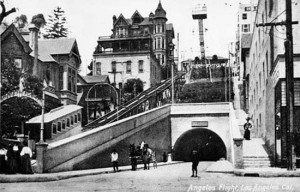


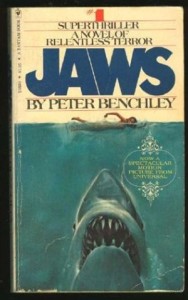
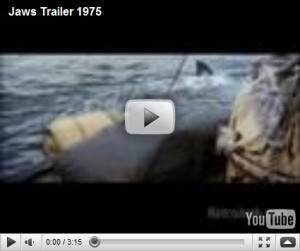
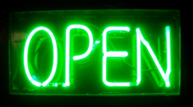 It’s time for another Open Tuesday while our blogmate, Kathryn Lilley, is on medical hiatus. Bring us your questions, comments and discussions. If you have a question about writing, publishing or any other related topic, ask away in our comments section. We’ll do our best to get you an answer.
It’s time for another Open Tuesday while our blogmate, Kathryn Lilley, is on medical hiatus. Bring us your questions, comments and discussions. If you have a question about writing, publishing or any other related topic, ask away in our comments section. We’ll do our best to get you an answer.